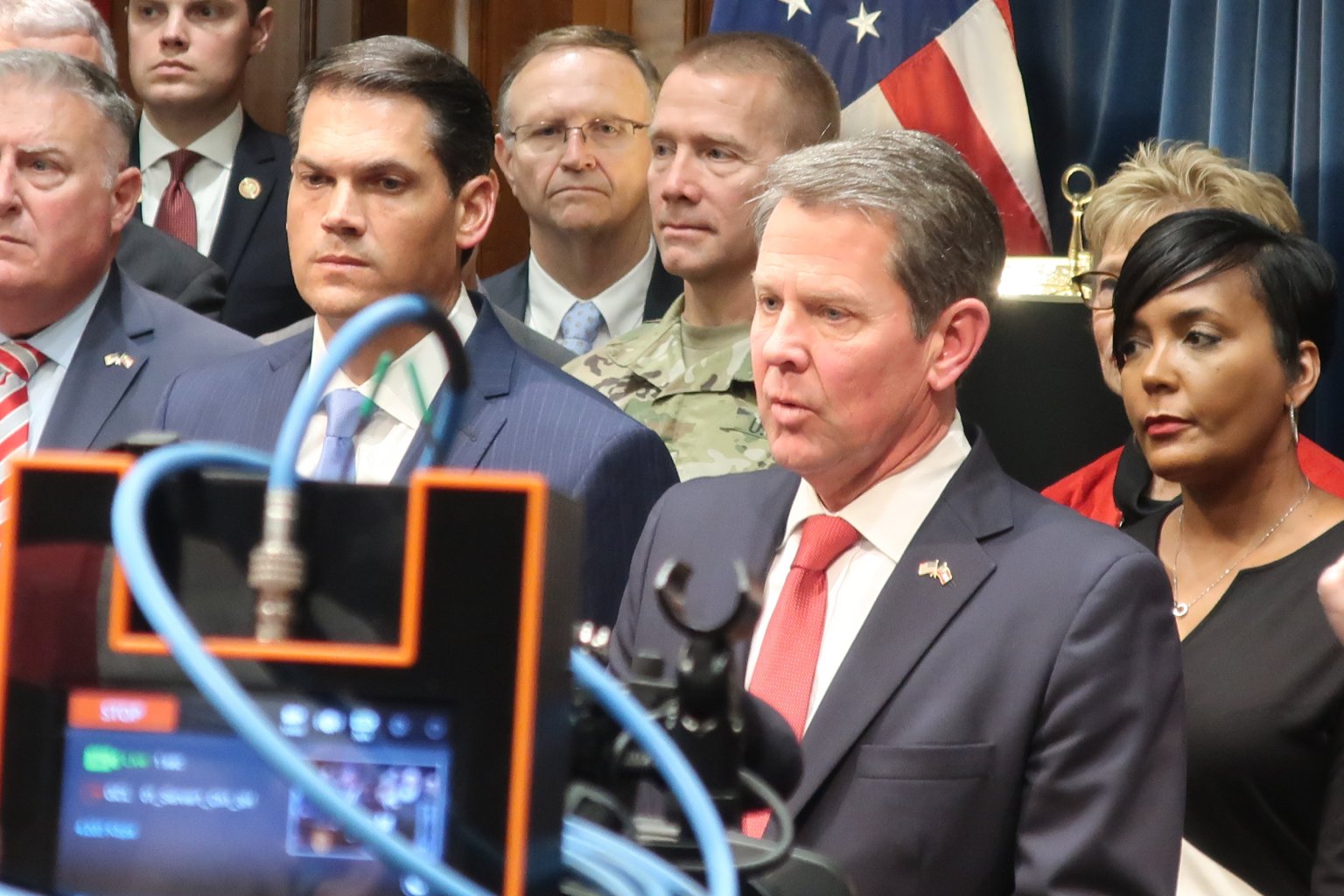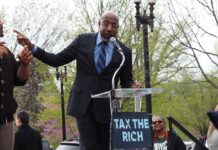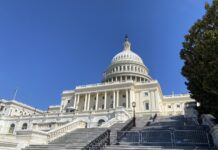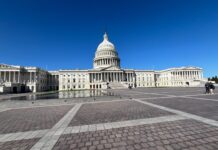
Atlanta Mayor Keisha Lance Bottoms and Gov. Brian Kemp continue to negotiate to resolve a lawsuit over the city’s attempt to impose coronavirus-related business restrictions and a mandate that people wear masks in public.
A spokesman for the governor said the state withdrew its motion for an emergency injunction that was set for a Fulton County Superior Court hearing scheduled for today so the two sides can work on a settlement. Kemp’s lawsuit against Bottoms and other city officials says the mayor improperly placed more restrictions on businesses and the public than called for under the governor’s emergency orders.
Since Kemp filed the lawsuit on July 16, Bottoms clarified that her intention when she announced the city’s return to “phase one” of the COVID-19 restrictions on restaurants and other businesses is that compliance is voluntary, Kemp spokesman Cody Hall said Monday night.
Canceling the emergency hearing gives the two sides more time to continue their “good-faith” negotiations.
The first two judges assigned to the case recused themselves before official mediation was ordered late last week.
“Our ultimate priority remains the same: protecting the lives and livelihoods of our citizens and Georgia businesses,” Hall said.
The back-and-forth over the authority that a governor’s executive order wields over local governments during a public health emergency intensified when Savannah became the first Georgia city to enact a mandatory masks order in early July. Shortly after that, Athens-Clarke, Atlanta, Augusta and a handful of others followed suit.
The Georgia Municipal Association, which represents the state’s 537 cities, filed a legal brief arguing that Kemp is going beyond the scope of his control with his latest executive order.
It says that the outcome of this lawsuit may directly impact more than 100 cities.
“However, even before some cities began requiring masks to be worn while outside homes and places of residence, a far greater number of local governments, to much less fanfare and press, began requiring masks to be worn while inside city buildings,” the municipal association brief said.
Meanwhile, several labor unions and the state legislative Democratic caucuses are also opposing Kemp’s lawsuit.
Kemp’s most recent order on June 29 strongly encourages mask-wearing and bans cities from requiring them.
The governor has called on cities to enforce some of the other guidelines in his orders instead of asking law enforcement to enforce mask requirements.
Bottoms said the city relied on COVID-19 public health data and an advisory panel to announce new mask requirements and guidance urging restaurants to stop seating customers.
Bottoms said in a legal brief that every state neighboring Georgia has mandated masks or the governor has not prevented local governments from doing so.
“The mayor’s order mandating face masks will save lives,” the brief said. “If the governor did the same, it would flatten the curve in Georgia, bring the COVID-19 pandemic in the state under control in four to eight weeks.”
Fellow Republican governors in Texas and Alabama have implemented statewide mask mandates in response to rising cases of COVID-19 while Tennessee’s governor is resisting a statewide order while allowing local governments to require masks in public.







